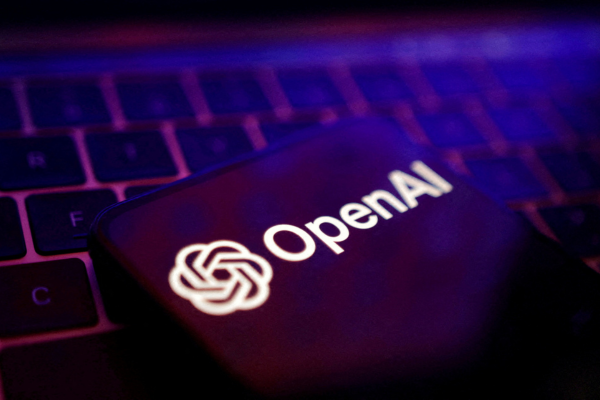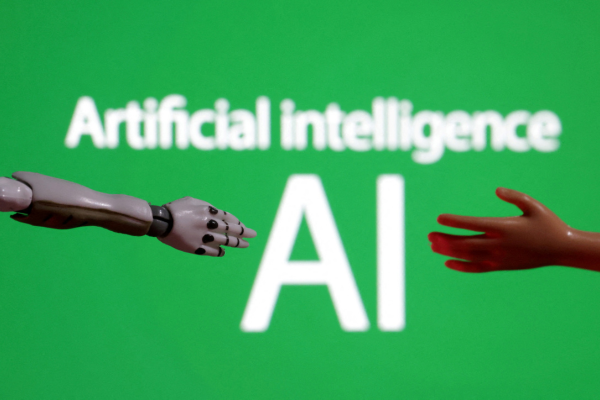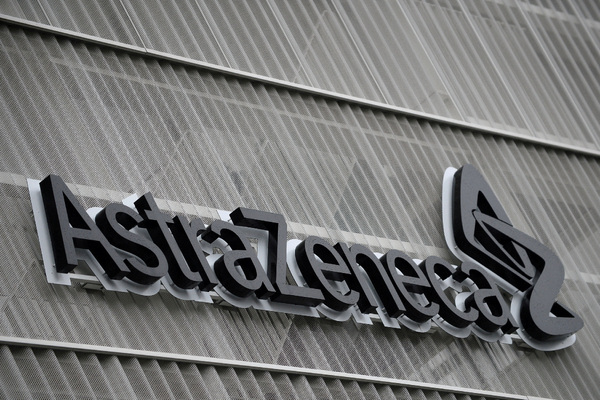Ethics of artificial intelligence: safeguarding healthcare in Wales
Sponsored by Life Sciences Hub Wales
As artificial intelligence (AI) continues to advance in healthcare, we have a responsibility to make sure these technologies are deployed ethically. Responsible AI use goes beyond protecting patient data – it’s also about making sure the benefits are distributed fairly across communities in and out of the healthcare service.
The ethical imperative in AI
AI has the potential to transform our healthcare services, enabling earlier diagnoses, predicting patient needs and improving efficiency. However, these advancements come with significant ethical considerations. If not managed carefully and consistently, AI could widen social inequalities, threaten privacy and undermine the human touch in healthcare.
Ethics in AI is not optional, it’s essential.
AI in health and social care in Wales
In Wales, the use of AI is already making strides in addressing key challenges within our healthcare system. Initial efforts show promise, demonstrating how AI can improve accessibility, optimise resources and better serve those in greatest need.
For instance, Wales’s ambitious goals to improve poor cancer outcomes align with the potential of AI in detecting cancers earlier. AI offers the ability to integrate large amounts of data from comprehensive biological analysis with advances in high-performance computing and groundbreaking deep-learning strategies.
AI is now being used in more ways to help with cancer. It’s improving how we detect and screen for cancer, diagnose it and classify different types. Additionally, AI helps us understand cancer at the genetic level and evaluate markers that can predict how the disease will progress and respond to treatment.
We need to rapidly explore and adopt robust and safe, solutions at pace. Initiatives such as the AI Commission for Health and Social Care and the National Data Resource (NDR) play a key role in advancing data quality and governance for ethical AI use.
The opportunity for industry to contribute is significant, partnering with healthcare providers to help drive the responsible and effective implementation of AI and ensuring these technologies are harnessed for the greater good across all communities.
Some ethical challenges and considerations
- Bias and fairness: The effectiveness of AI systems depends on the quality of the data they use. Biased data can lead to outcomes that disproportionately impact certain communities, especially where socio-economic inequalities are significant. Exciting progress is being made with projects such as the National Data Resource (NDR). This effort is focused on using patient data safely and effectively. By tackling issues like data that might be too limited or unbalanced, the NDR is working to ensure that AI stays fair and unbiased for everyone.
- Data privacy and consent: As AI becomes more integrated into healthcare, safeguarding patient information is crucial. Strict data protection standards are essential to ensure AI solutions align with ethical practices. The goal is to maintain patient trust by keeping them informed and in control of their data. Initiatives such as those by Digital Health and Care Wales (DHCW) are making progress with secure environments that protect privacy and support responsible AI use.
- Transparency and accountability: The AI Commission for Wales, with members from a range of healthcare stakeholders, is providing guidance in line with UK and global standards for transparency and accountability in the use of AI to support healthcare decision-making.
- Preserving human expertise: AI decision-making should support, not replace, the vital roles of healthcare professionals. The Welsh government is working closely with its workforce, through bodies such as the Workforce Partnership Council, to ensure that AI enhances rather than diminishes the human expertise and care that remain at the heart of our healthcare services.
Regulation and governance
When it comes to using AI in healthcare, solid regulations is key. In the UK, the Medicines and Healthcare products Regulatory Agency (MHRA) is at the forefront, ensuring AI in medical devices and software is both safe and effective. Meanwhile, organisations such as NICE and the Centre for Data Ethics and Innovation (CDEI) provide guidance and recommendations, helping to create a consistent regulatory framework. It’s all about making sure that, as AI technology evolves, it’s used in ways that truly benefit patients and uphold high standards of care.
Public trust and engagement
For AI to truly excel in healthcare, building public trust is essential. Engaging communities and addressing concerns through consultations and outreach are crucial for fostering confidence.
Life Sciences Hub Wales plays a key role in connecting and facilitating partnerships to support these goals.
If you’re an AI innovator interested in collaborating with the Welsh healthcare system, we encourage you to connect with us and share your ideas.
By Cari-Anne Quinn, Chief Executive, Life Sciences Hub Wales


Business Reporter Team
Most Viewed
Winston House, 3rd Floor, Units 306-309, 2-4 Dollis Park, London, N3 1HF
23-29 Hendon Lane, London, N3 1RT
020 8349 4363
© 2025, Lyonsdown Limited. Business Reporter® is a registered trademark of Lyonsdown Ltd. VAT registration number: 830519543





